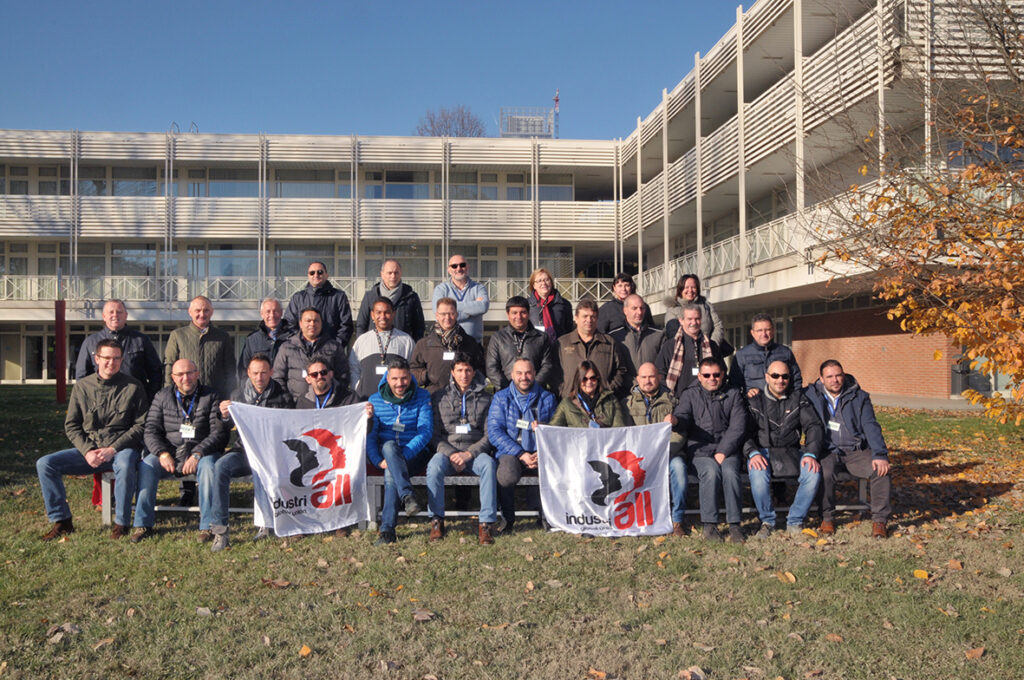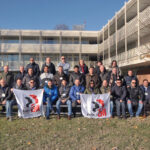Read this article in:
English
9 December, 2016The IndustriALL Trade Union Network at Pirelli held its second annual meeting on 30 November and 1 December in Turin, Italy.
Participating IndustriALL unions came from Argentina, Brazil, Italy, Turkey, UK, and Venezuela. The unions exchanged and compared working conditions at the tyre manufacturer in the different countries. The meeting comes one year after ChemChina purchased the company for 7.2 billion Euros. The meeting analysed the company and the rubber industry as a whole.
In the two main UK plants, Carlisle and Burton, IndustriALL affiliate Unite the Union represents 97 per cent of the 1,170 workforce. While the British colleagues are wary of the increased investment in Pirelli’s Romania facility, demand remains very high for the SUV tyres that the UK centre of excellence produces. Two main concerns are a lack of job security and a lack of investment in the UK factories.
Unite and Pirelli have wage negotiations scheduled for 1 February 2017. The union reports that 7 per cent of the Pirelli workers are on temporary contracts on the same conditions as permanent staff.
The Brazilian Sindicato del Caucho de Sao Paulo (FS) also reports 97 per cent union density, equalling 2,500 blue-collar workers in the Sao Paulo facilities. Pirelli has around 9,000 workers in all of Brazil. The Brazilian union reps explained the complex profit sharing provisions that they have negotiated at Pirelli in coordinated bargaining with the other union CNQ-CUT.
The crisis in the Brazilian economy is leading to job cuts in the country’s rubber industry. Production is forecast to drop and the union challenge in Pirelli Brazil will be to protect jobs. There was a 20-day strike already this year.
In Pirelli Argentina the IndustriALL affiliate SUTNA has 98 per cent union density. The union complains of out-dated machinery in the factories and a lack of investment, and also of health and safety concerns. The union reported on its successful campaign to gain permanent employment for precarious workers at Pirelli.
Three different Italian unions are present in the two main factories in Italy, which employ around 1,200 and 300 workers. Around 80 per cent of the permanent staff are members of a union. The precarious workers are very difficult to recruit in Pirelli Italy. The Italian union CGIL holds the position of coordinator of the Pirelli European Works Council, but reports frustration with management attitude in that body.
In the Venezuelan plant of Pirelli, 732 workers are unionized out of total 800. It was reported that Pirelli does not provide a pension for workers in Venezuela, and there are severe health and safety concerns, outdated machinery. Pirelli Venezuela has stopped buying raw materials so the union is preparing for a tough year 2017.
Turkish affiliate Lastik-Is represents 100 per cent of all 8,000 blue-collar tyre workers in Turkey. Tyre workers are paid well above the average industrial worker in Turkey and there is now no subcontracted work in the industry following a recent union victory against precarious work. Lastik-Is bargains common CBA frameworks across the tyre companies.
The network adopted an action plan which included plans to: increase union density; exchange information on a regular basis; and grow the network with worker participation from USA, Russia and elsewhere.
IndustriALL Auto Industry Director Helmut Lense said:
“The Pirelli network is progressing well and after this second meeting is in a good position to build and grow its work.”


